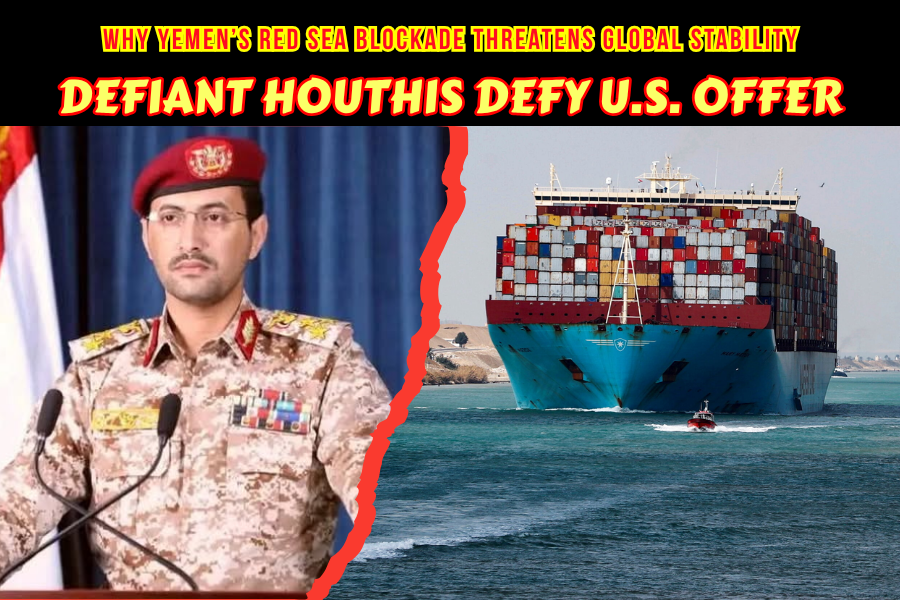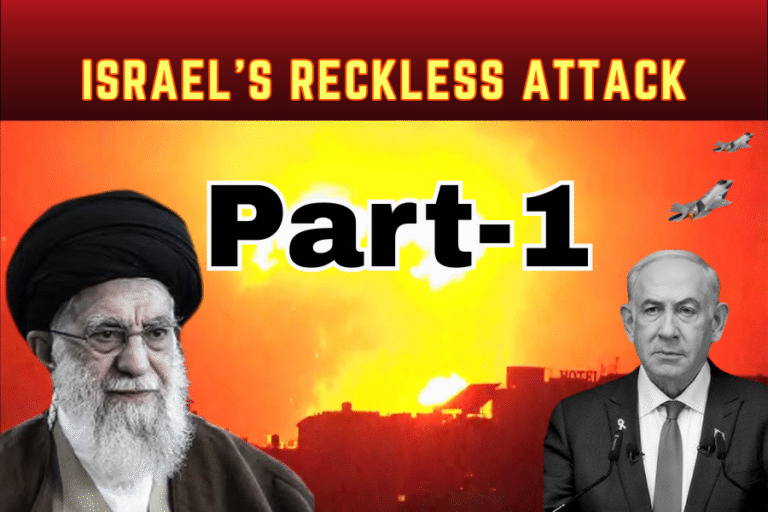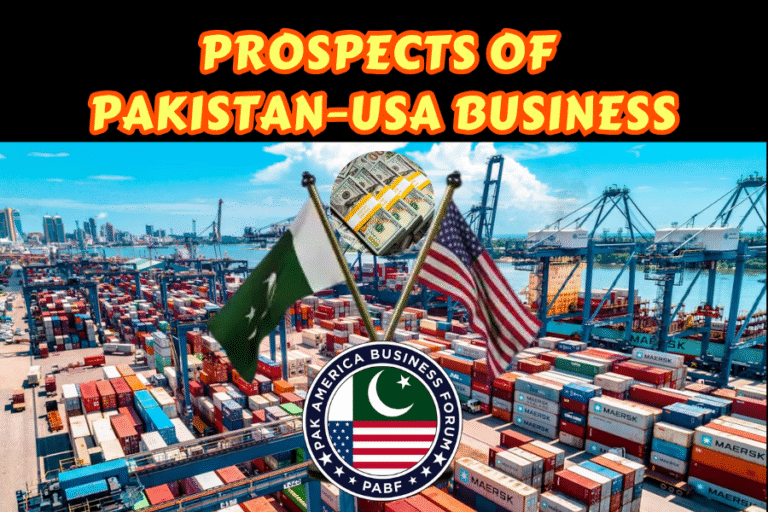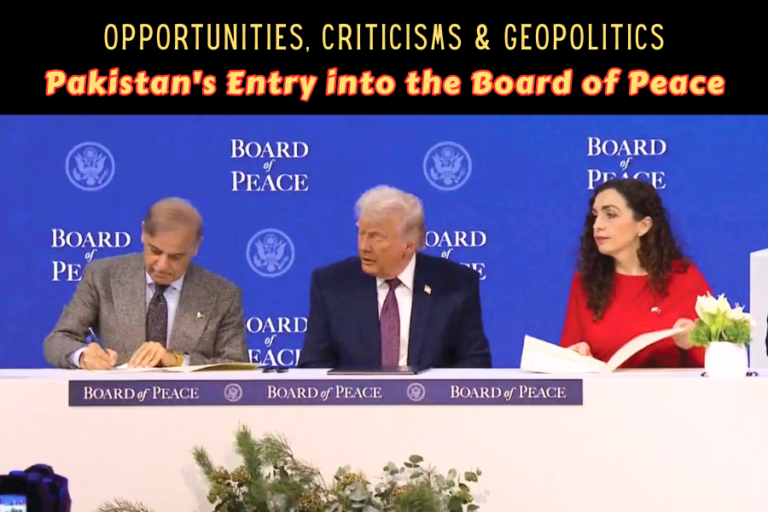(By Khalid Masood)
Introduction
In a stunning act of defiance on 17 July 2025, Yemen’s Ansar Allah movement, known as the Houthis, rejected a U.S. Department of State offer to recognise their de facto government in Sana’a, choosing instead to intensify their Red Sea blockade—a daring protest against what they call Israel’s “genocide” in Gaza. This blockade, launched in November 2023, has sent shockwaves through global trade, crippled shipping routes, and escalated tensions in a volatile region. Why would Ansar Allah spurn a chance at legitimacy for a cause 1,000 miles away? What does their bold stand for “justice and mercy” mean for the world’s economy, Gaza’s plight, and Yemen’s future? This article delves into the blockade’s roots, its seismic global impact, the crisis in Gaza, and the elusive paths to resolution.
Background: Yemen’s Conflict and Ansar Allah’s Rise
Yemen, a nation on the Arabian Peninsula’s southern edge, has been embroiled in a devastating civil war since 2014, when Ansar Allah, a Zaydi Shia movement, seized the capital, Sana’a, ousting the internationally recognised government led by President Abdrabbuh Mansour Hadi. The conflict, rooted in decades of political instability, escalated with a Saudi-led coalition’s intervention in 2015, backed by the U.S., UK, and others, aiming to restore Hadi’s government. This led to a humanitarian crisis, with over 150,000 deaths, 4.8 million displaced, and widespread famine, worsened by blockades and airstrikes.
Ansar Allah, formally established in the 1990s under Hussein al-Houthi, evolved from a religious revivalist group into a formidable political and military force. Controlling roughly a third of Yemen and 80% of its population, including Red Sea ports, the movement opposes Western influence and Israel, aligning with Iran’s “Axis of Resistance” alongside Hamas and Hezbollah. Their slogan—“God is great, death to America, death to Israel, damnation to the Jews, victory to Islam”—reflects their anti-imperialist and pro-Palestinian stance, though they’ve broadened their appeal with nationalist rhetoric since 2011.
The Gaza conflict, reignited on 7 October 2023 by Hamas’s attack on Israel, prompted Ansar Allah to act. From 19 October 2023, they launched missiles and drones at Israel and imposed a targeted Red Sea blockade, initially against Israeli-linked ships, to pressure Israel to end its Gaza offensive and lift its humanitarian blockade. This maritime campaign, leveraging Yemen’s strategic position at the Bab al-Mandab Strait, has made Ansar Allah a key player in regional dynamics.
The Red Sea Blockade: A Strategic Gambit
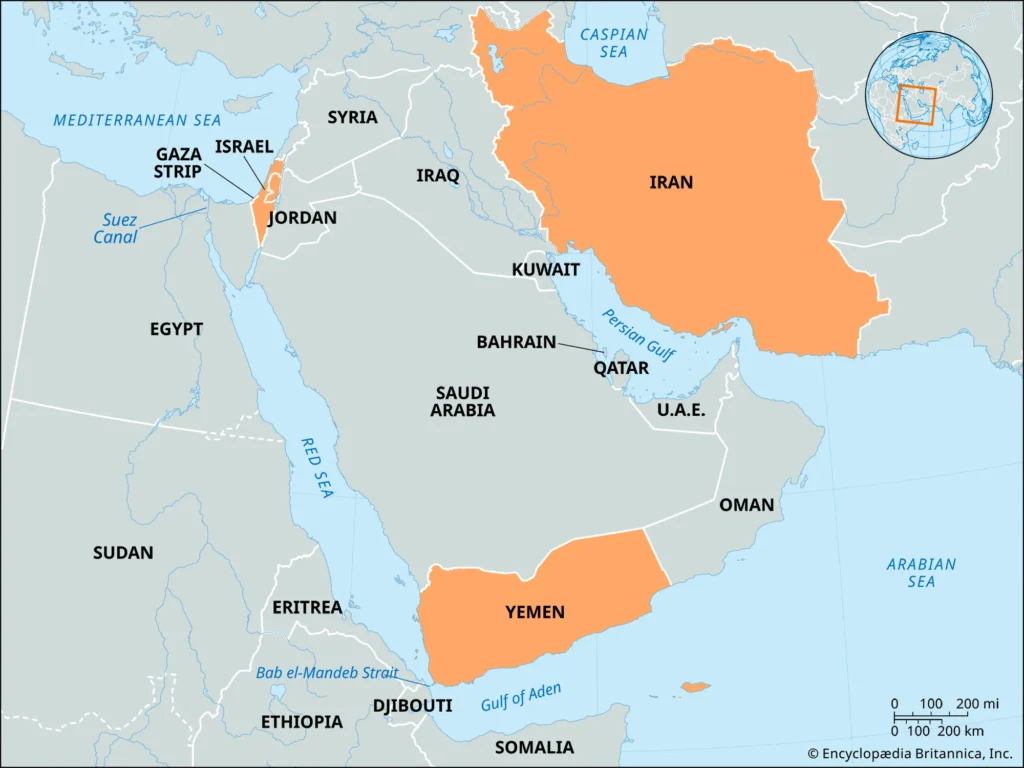
Ansar Allah’s blockade, intensified since November 2023, targets ships linked to Israel or bound for its port of Eilat, though some attacks have hit vessels with no clear Israeli connection. Using drones, missiles, and naval forces, they’ve struck over 60 vessels, hijacked ships like the Galaxy Leader, and sunk others, such as the Eternity C. The blockade paused during a Gaza ceasefire (19 January–18 March 2025) but resumed when Israel reimposed its Gaza blockade and escalated attacks, killing over 49,617 Palestinians since October 2023.
The Bab al-Mandab Strait, a 20-mile-wide chokepoint, handles 12–15% of global trade, including 12% of oil and 30% of containerised goods. Ansar Allah’s actions have forced major shipping companies to reroute around Africa’s Cape of Good Hope, adding weeks and millions in costs per voyage. This has cost the global economy an estimated $23 billion annually, with Egypt’s Suez Canal losing $9.4 billion in revenue and Israel’s Eilat port declaring bankruptcy in July 2024.
The U.S. and UK responded with Operation Prosperity Guardian and airstrikes on Houthi targets, costing the U.S. nearly $1 billion in munitions by April 2025. Ansar Allah’s resilience, using Iranian-supplied and locally produced weapons, has outmanoeuvred Western naval forces, exposing vulnerabilities in global maritime trade. On 7 May 2025, a U.S.-Ansar Allah ceasefire, brokered by Oman, halted attacks on U.S. ships but explicitly excluded Israel, allowing Ansar Allah to continue targeting Israeli assets, including a missile strike on Ben Gurion Airport.
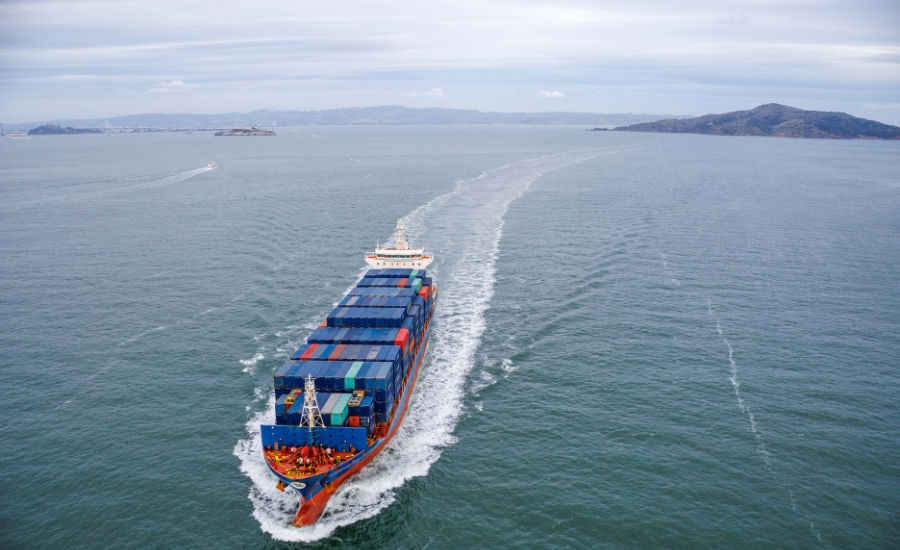
The U.S. Offer and Ansar Allah’s Rejection
In a significant diplomatic move, the U.S. Department of State reportedly offered to recognise Ansar Allah’s government in Sana’a as Yemen’s legitimate authority, a major concession given the U.S.’s prior designation of the group as a Specially Designated Global Terrorist organisation in January 2024. The offer, reported on 17 July 2025, also included promises to repair war damage and possibly remove Ansar Allah from the terrorist list, in exchange for ending the Red Sea blockade. Ansar Allah rejected this, with officials like Mohammed Abdulsalam stating their support for Gaza’s Palestinians is “unwavering” and not subject to “political bargaining.” They vowed to continue operations until Israel halts its Gaza offensive and lifts its siege.
This rejection underscores Ansar Allah’s prioritisation of ideological solidarity with Palestine over pragmatic gains. Recognition would have bolstered their domestic legitimacy and eased Yemen’s humanitarian crisis by potentially lifting U.S. and Saudi sanctions. However, their stance reflects a deep commitment to the Palestinian cause, rooted in Yemen’s historical support for Palestinian liberation and Ansar Allah’s identity as part of the Axis of Resistance.
Implications for the World
The blockade’s persistence has profound global implications:
- Economic Disruption: Rerouting ships increases fuel costs, delays supply chains, and raises prices for oil, gas, and consumer goods. This affects Europe, Asia, and beyond, with 15% of global trade impacted. Gulf states, reliant on Red Sea routes, face economic strain, with Saudi Arabia wary of escalation due to past Houthi attacks on its territory.
- Geopolitical Tensions: The blockade escalates U.S.-Iran and Israel-Iran proxy conflicts. U.S. and UK airstrikes, alongside Israel’s retaliatory strikes on Yemeni ports and Sana’a airport, risk broader regional conflict. The U.S.’s failure to deter Ansar Allah highlights limits to its military dominance, while Iran’s support strengthens its regional influence.
- Maritime Security: Ansar Allah’s use of cheap drones and missiles exposes vulnerabilities in global shipping, challenging Western naval supremacy. This could inspire other non-state actors to target strategic chokepoints.
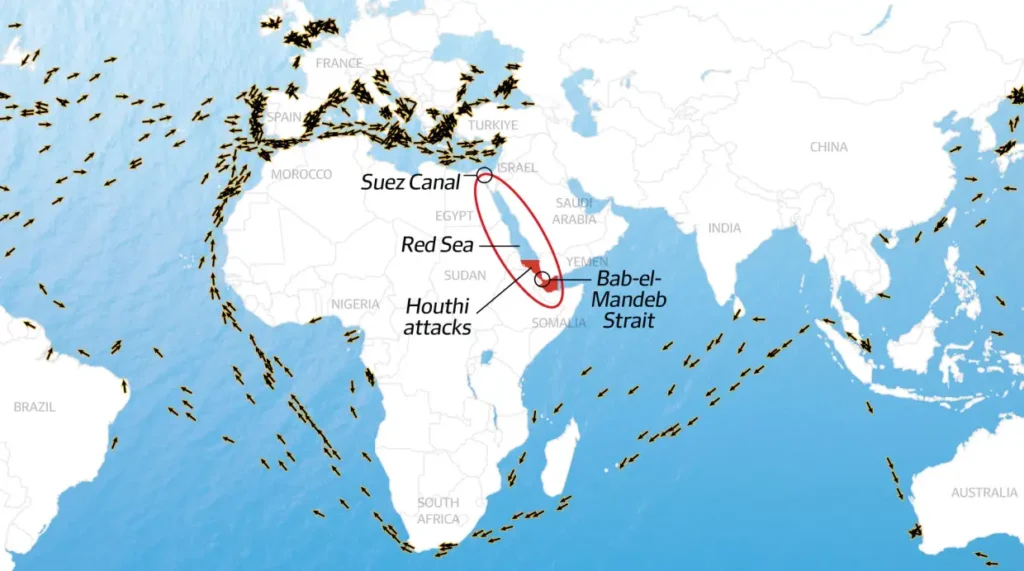
The State of Gaza
Israel’s actions in Gaza, described by Ansar Allah and others as “genocide,” involve a blockade restricting food, medicine, and aid, leading to famine and over 49,617 deaths since October 2023. The International Court of Justice (ICJ) has ruled that all states, including Yemen, must act to stop Israel’s violations, including genocide and illegal occupation. Ansar Allah’s blockade aligns with this, aiming to pressure Israel to comply with ICJ rulings. However, Israel’s resumption of attacks in March 2025, after a brief ceasefire, has worsened Gaza’s humanitarian crisis, with 700 deaths in days and 19.5 million Yemenis also facing aid shortages due to their own conflict.
What Lies Ahead?
Ansar Allah’s rejection of the U.S. offer signals a prolonged Red Sea crisis unless Gaza’s conflict de-escalates. Possible future scenarios include:
- Escalation: Continued Israeli attacks on Gaza could prompt Ansar Allah to intensify their blockade, targeting more vessels and expanding their aerial blockade, as seen with the Ben Gurion Airport strike. This risks further U.S., UK, or Israeli retaliation, potentially drawing in Iran or Hezbollah.
- Stalemate: Ansar Allah’s resilience and domestic support, bolstered by their pro-Palestinian stance, suggest they can sustain the blockade despite Western pressure. However, Yemen’s worsening humanitarian crisis may erode their popularity if living conditions deteriorate further.
- Diplomatic Breakthrough: A Gaza ceasefire, fully lifting Israel’s blockade, could lead Ansar Allah to halt their operations, as they did in January 2025. This hinges on international pressure on Israel, possibly via the UN or mediators like Qatar and Egypt.
Alternative Options to End the Blockade
With Ansar Allah rejecting U.S. recognition, other diplomatic and strategic options could resolve the crisis:
- Gaza Ceasefire and Aid Access: The most direct solution is an immediate, permanent ceasefire in Gaza, with Israel lifting its blockade to allow unrestricted humanitarian aid. Ansar Allah has consistently tied their Red Sea operations to Gaza’s situation, pausing attacks during the January 2025 ceasefire. Mediators like Oman, Qatar, or the UN could broker this, with pressure from the ICJ and UN General Assembly.
- UN-Led Yemen Peace Talks: Reviving stalled UN talks between Ansar Allah and Yemen’s internationally recognised government could address the blockade indirectly. A comprehensive peace deal, including salary payments for Houthi-controlled areas and lifting Saudi blockades, might incentivise Ansar Allah to de-escalate, though their Gaza stance remains a hurdle.
- Regional Diplomacy with Iran: Engaging Iran, Ansar Allah’s key backer, in talks over its nuclear programme or regional influence could reduce support for the blockade. A U.S.-Iran deal, possibly via Oman, might encourage Ansar Allah to scale back operations, though Iran denies controlling their actions.
- Economic Incentives for Yemen: Offering Yemen humanitarian aid, debt relief, or reconstruction funds, separate from recognition, could sway Ansar Allah if tied to economic relief for their population. This requires coordination with Saudi Arabia and the UN to ensure aid reaches Houthi-controlled areas without empowering their military.
- International Maritime Coalition: A strengthened, UN-backed naval coalition could protect Red Sea shipping without direct attacks on Yemen, reducing civilian harm. This would require broader participation beyond the U.S. and UK, possibly including China or India, to deter Ansar Allah while avoiding escalation.
- Pressure on Israel via Allies: The U.S. and EU could leverage their influence over Israel to enforce ICJ rulings, halting Gaza’s blockade. This might satisfy Ansar Allah’s demands, though it risks straining U.S.-Israel relations under the Trump administration.
Conclusion
Yemen’s Ansar Allah has taken a bold stand by rejecting the U.S. offer of recognition, prioritising solidarity with Gaza’s Palestinians over diplomatic gains. Their Red Sea blockade, a protest against Israel’s actions, disrupts global trade, escalates regional tensions, and underscores Yemen’s strategic importance. While Gaza’s humanitarian crisis fuels Ansar Allah’s resolve, the blockade’s economic fallout affects millions worldwide. Ending this crisis requires addressing Gaza’s conflict, reviving Yemen peace talks, or exploring creative diplomatic solutions. As the world watches, Ansar Allah’s unwavering commitment to “justice and mercy” ensures the Red Sea remains a turbulent arena, with far-reaching consequences for global stability.

